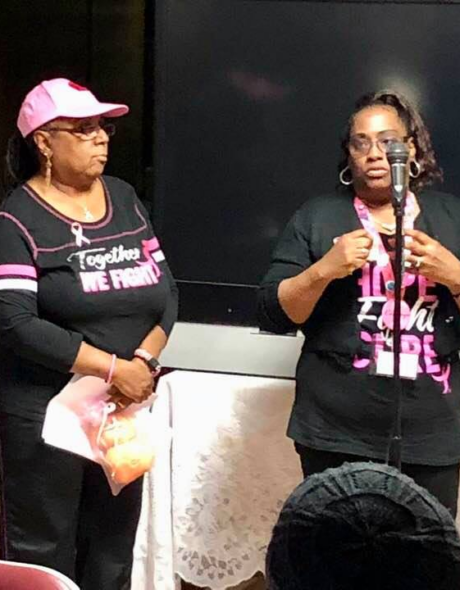OFFICE HOURS
MONDAY THROUGH FRIDAY 9:00 AM – 5:00 PM
PHONE: 856-317-1876
FAX: 856-317-1879
EMAIL: clarkcancersrvs@aol.com
Event Request
Are you looking for vendors for your next health fair or need someone to give a breast cancer awareness presentation, then fill out the form below and we will reach out to you for further details.

Let's Beat Breast Cancer
Our Leadership

BREAST CANCER FACTS
1 in 8 women in the United States will be diagnosed with breast cancer in her lifetime. In 2024, an estimated 310,720 women and 2,800 men will be diagnosed with invasive breast cancer. Chances are you know at least one person who has been personally affected by breast cancer.
But there is hope. When caught in its earliest, localized stages, the 5-year relative survival rate is 99%. Advances in early detection and treatment methods have significantly increased breast cancer survival rates in recent years, and there are currently over 4 million breast cancer survivors in the United States.







